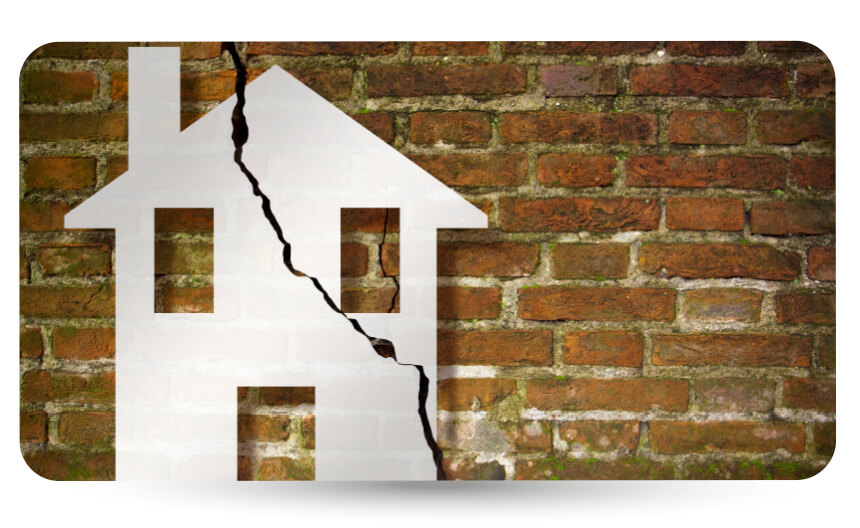What is Professional Negligence? Understanding and Safeguarding Your Business Reputation
27/09/2023 00:00:00by Doug Kelley27/09/2023 00:00:00What is Professional Negligence? Understanding and Safeguarding Your Business ReputationBluedrop Services

Have you ever considered the consequences if you, as a professional, make a mistake that causes harm to others? In the world of business, mistakes are an inevitable part of professional life. However, it is important to consider the potential consequences that may arise if these errors cause harm to others.

As professionals, we carry a lot of weight on our shoulders, and what we do can really affect the people around us. That's why it's so important to be aware of the possible consequences of our actions and be proactive in avoiding and dealing with mistakes. In this article, we'll tackle the question, "What is professional negligence?" as well as everything you need to know about its implications.
What is professional negligence?
Individuals and businesses often rely on the expertise and services of professionals such as doctors, lawyers, accountants, engineers, architects and so on. These professionals are expected to perform their duties with a certain standard of care and competence. However, there are instances when these professionals fail to meet the expected standard, resulting in harm, injury, or financial loss to their clients. This is where professional negligence comes into play.
When a claim is successful, the client may be entitled to various forms of compensation or remedies. These can be things like financial compensation or reimbursement for professional fees.
Professions that are vulnerable to professional negligence claims
Professional negligence can have far-reaching consequences. Claims can be made against a variety of professions, including but not limited to:
1. Medical professionals: Doctors, nurses, dentists and other healthcare providers.
2. Legal professionals: Lawyers, solicitors and legal advisors.
3. Financial professionals: Accountants, financial advisors and tax consultants.
4. Construction professionals: Architects, engineers, contractors and surveyors.
5. Education professionals: Teachers, professors and tutors.
6. Insurance professionals: Insurance brokers, agents and underwriters.
What is professional negligence based on examples?
Here are just a few examples to illustrate how professional negligence can manifest in different fields.
Medical malpractice: A doctor fails to diagnose a patient's condition correctly, leading to a delay in treatment and a worsening of the patient's health. This could be a case of professional negligence if the doctor's failure to provide appropriate care falls below the accepted standard.
Legal misrepresentation: A lawyer fails to meet important deadlines or provide accurate legal advice, causing harm to their client's legal case. This could be considered professional negligence if the lawyer's actions breach the duty of care expected in their profession.
Engineering error: An engineer designs a building with structural flaws that lead to a collapse, causing injury or property damage. This would be an example of professional negligence if the engineer's lack of expertise or failure to adhere to industry standards directly caused the building's failure.
It's important to note that each case of professional negligence is unique, and the specific circumstances and applicable professional standards will determine the validity of the claim.
When can a professional negligence claim be made?
According to UK law, a professional negligence claim can be made when three factors are established. Let's break them down:
- Firstly, there must be a duty of care. This means that you entered into a contract or agreement where you promised to provide a service with a certain level of care.
- Secondly, there needs to be a breach of duty. This happens when you fail to meet the expected standards of your profession or trade. In simpler terms, you didn't deliver your service with the reasonable skill and care that a professional in your position should have.
- Lastly, your client must have suffered a financial loss directly because of your professional negligence. This means that your breach of duty caused a financial setback.
It's worthwhile to note that professional negligence claims have a primary limitation period of 6 years from the loss date. However, the law understands that it might take time to realise that negligence has occurred, so exceptions can be made if it's not made immediately clear.
How to protect yourself against professional negligence
Remember, if you find yourself in a situation where professional negligence is claimed, it's wise to consult with legal professionals who specialise in these matters. They can support you through the process and help you understand your rights.
One effective way to safeguard against professional negligence is Professional Indemnity Insurance. From intellectual property rights infringement to document loss or damage, our insurance coverage covers a variety of features. With coverage up to £10 million, instant quotes and flexible payment terms, this insurance provides a comprehensive solution for professionals.
Return to blog menuWant to find out more about Bluedrop's Professional Indemnity Insurance
Call our friendly team now for the right insurance cover - at the best price
+441489780491
Calls recorded for training and quality.



 Privacy and Cookie Policy
Privacy and Cookie Policy